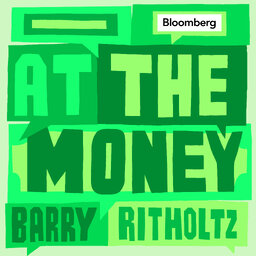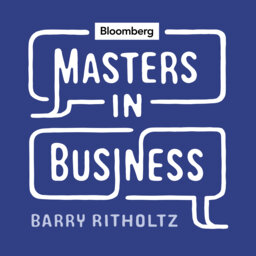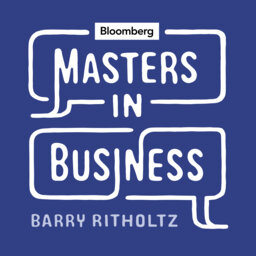US Fiscal Policy and the 'Deficit Myth' with Stephanie Kelton
Barry speaks with Stephanie Kelton, Professor of Economics and Public Policy at Stony Brook University and Senior Fellow at the Schwartz Center for Economic Policy Analysis. Previously, Professor Kelton was Chair of the Department of Economics at the University of Missouri, Kansas City. In addition to her work in academia, Stephanie has held numerous roles in the political sphere. She served as chief economist on the U.S. Senate Budget Committee, and was senior economic adviser for Bernie Sanders’ 2016 and 2020 presidential campaigns. She has made virtually all the 'top 50 lists' including POLITICO's 50 Most Influential Thinkers in 2016 and Bloomberg Businessweek's 50 People Who Defined 2019. She was also named to Barron's 100 Most Influential Women in Finance. She has held several visiting professorships and has written for publications such as the Financial Times, The New York Times, CNN, and more. On this episode, Barry and Stephanie discuss US fiscal policy, recession risks, and her New York Times bestseller The Deficit Myth: Modern Monetary Theory and the Birth of the People’s Economy.
In 1 playlist(s)
Masters in Business
Barry Ritholtz speaks with the people that shape markets, investing and business.Social links
Follow podcast
Recent clips

At The Money: The Mega Backdoor Roth
16:21

Why a Joint Account Can Be a Sign of Healthy Marriage
1:01:20

BONUS: NY Comptroller Candidate Drew Warshaw on Changing the NY State Pension Funds
59:27
 Masters in Business
Masters in Business